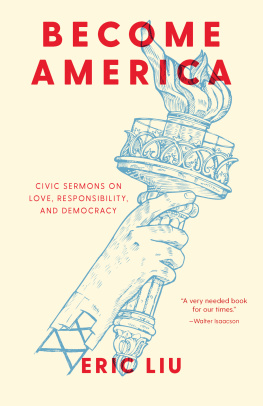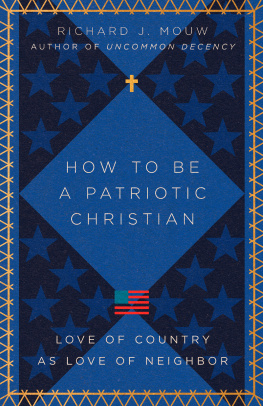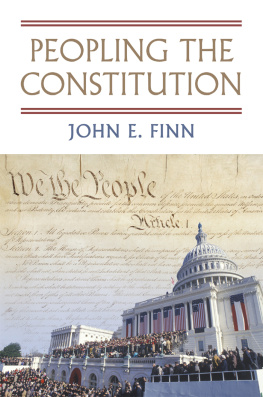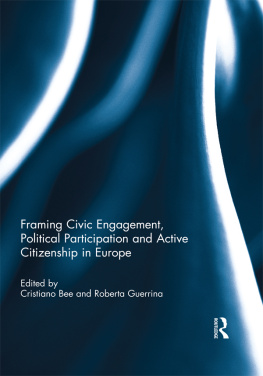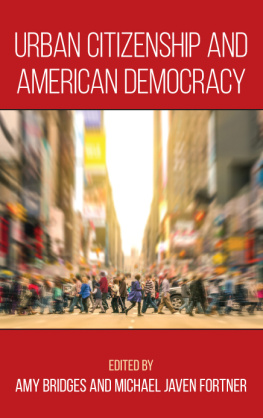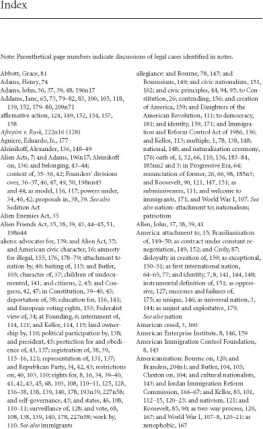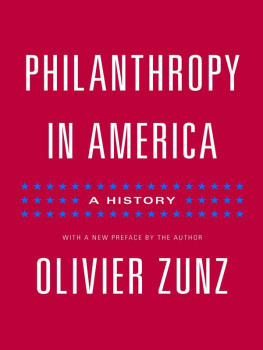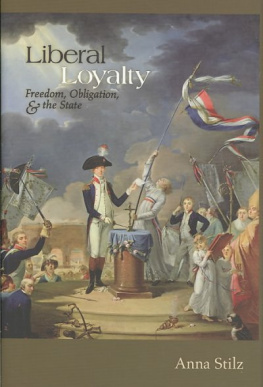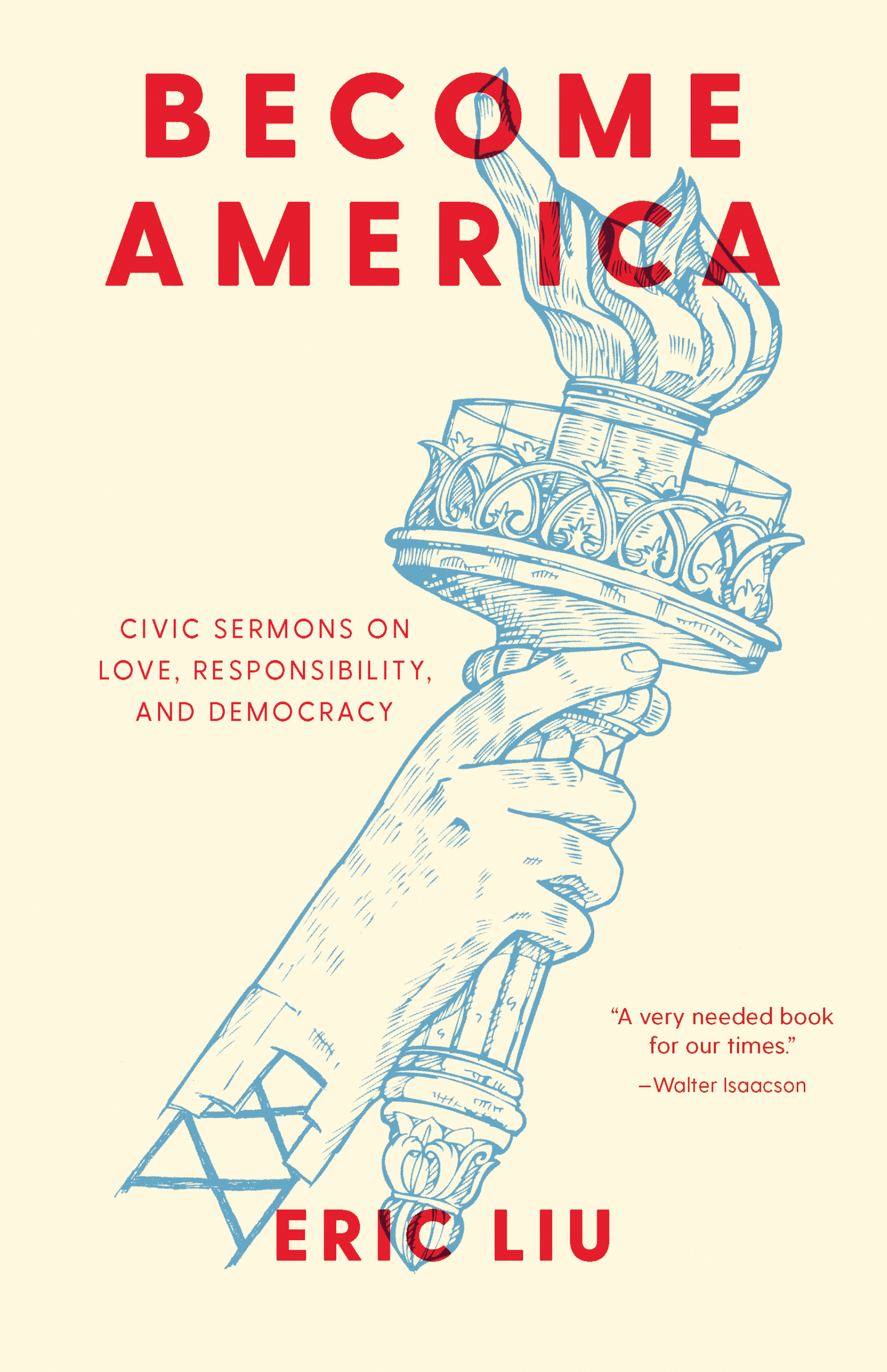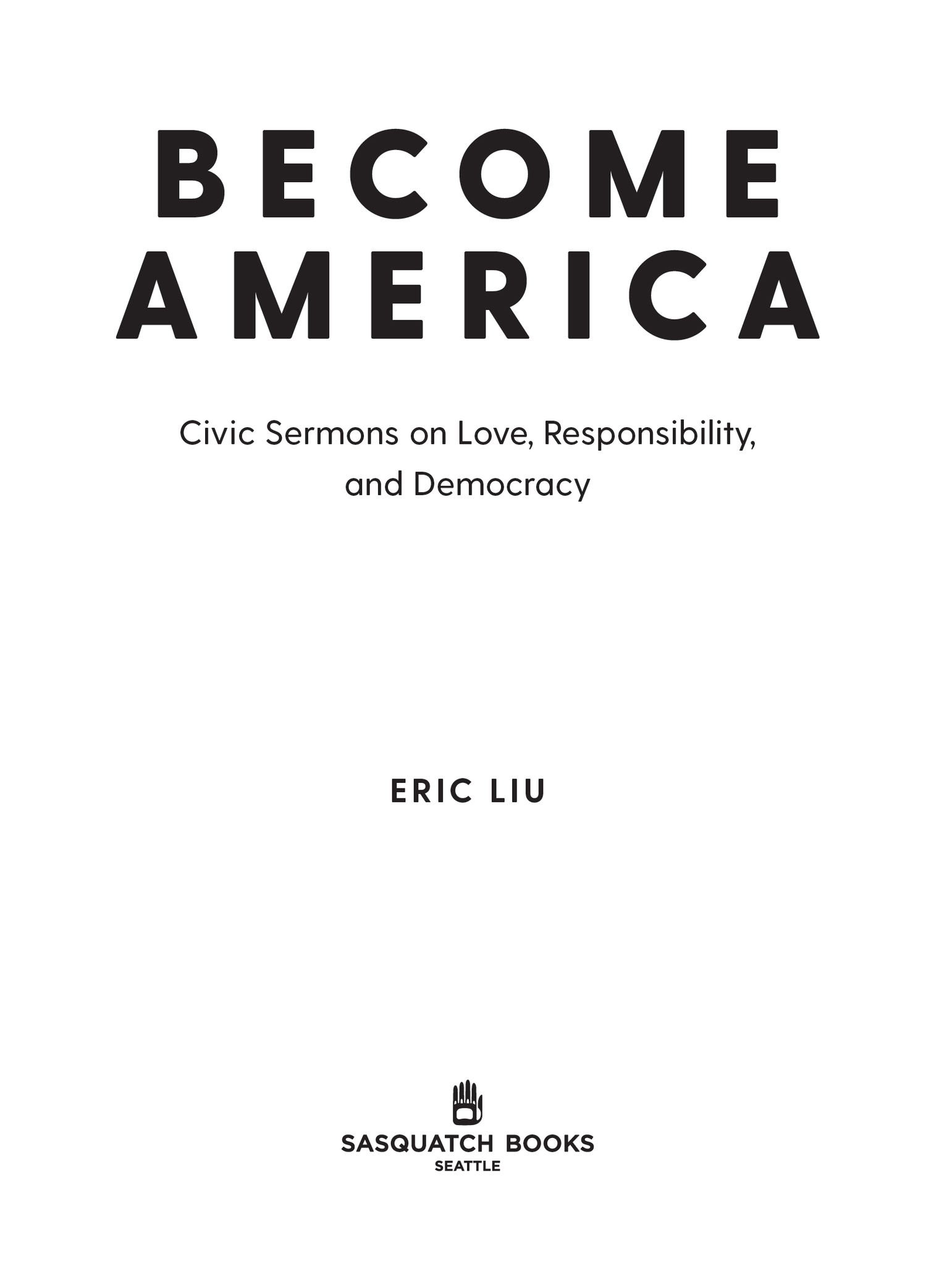All rights reserved. No portion of this book may be reproduced or utilized in any form, or by any electronic, mechanical, or other means, without the prior written permission of the publisher.
SASQUATCH BOOKS with colophon is a registered trademark of Penguin Random House LLC
Refugee in America Langston Hughes | Summer Sparks Claudia Castro Luna | 38 Layli Long Soldier | Full text credits on
Names: Liu, Eric, author.
Title: Become America : civic sermons on love, responsibility, and democracy / Eric Liu.
Subjects: LCSH: Political cultureUnited States. | CitizenshipUnited States. | Political participationUnited States.
CONTENTS
How to face ourselves and our own role in the divisiveness of todays politics
How to make sense of this age of fragmenting narratives and competing truths
What it truly means to live like a citizen and to be responsible for a republic
What it takes to cross from one ideological bubble to anotherand beyond
How our everyday moral choices can sustainor subvertthe rule of law
How the American body politic cycles through sleep, dreams, and wakefulness
Why its worth asking whether this democracy deserves to survive
How to resist scarcity thinking and status anxiety in a time of severe inequality
How to be honest about privilegeand how to spend it on others
Why you cant change someones mind if you arent willing to change yours
What American civic religion is, why it matters, and how to practice it
How to cultivate civic imagination and perform civic power
Why we must understand the yearnings of both the insider and the outsider
How to root the work of reckoning and repair in the places we call home
How we might choose differently if we could relive the last fifty years in America.
What it should take for anyonenot just an immigrantto be a citizen
Why the American idea is in troubleand why it takes only a few of us to revive it
What it means in the end to love ones country, ones neighbor, and ones enemy
How to decode the myths that shape American identityand how to write them anew
PREFACE
This is a book of reckoning and repair.
Throughout 2016, Jen Cane and I kicked around ideas for a new civic ritual that would have the moral pull and communal feel of a faith gathering. Were the cofounders of a nonprofit called Citizen University, whose mission is to foster a culture of powerful citizenship in the United States. (Were also spouses!) Jen and I were drawn viscerally to this idea of a civic analogue to church but never had time to develop it. Then came the presidential election. The morning after, we and our team decided to act.
Four days later, we put together the first ever Civic Saturday. It was held in the basement reading room of Elliott Bay Book Company in Seattle. Given the short notice and scramble, we expected maybe forty people. More than 220 showed up, packing every corner of that low-ceilinged underground space. Together, we began to make sense of our tumultuous momentand its origins in decades of degradation and predation in public life under the rule of both parties.
Civic Saturday has the arc of a faith gathering: we sing together, we turn to the strangers next to us and talk about a common question, we hear poetry and readings, there is a sermon that ties those texts to the issues and ethical choices of the times, and then we sing together again and reflect on what actions we commit to taking. But this gathering is not about church or temple or mosque religion. It is about American civic religion: the creed of ideals stated at our nations founding and restated at junctures of crisis (like today), and the deeds by which we and those before us live up to the creed.
Why the analogy to faith gatherings? In part because over the millennia the major faiths have figured out something about how to help people find meaning and belonging, how to interpret texts and to reckon with the gap between our ideals and our reality, how to sustain hope and heart in a sea of cynicism and hate. And in part because we truly believe that democracy in America is an act of faith. Not faith in the divine but in the people with whom we hold the fate of this fragile experiment.
Thats always been true: we Americans have little to hold us together, really, but some words on parchment and a collective uncoordinated habit of investing those words with meaning. But the habit is waning. Our belief in self-government is eroding. This is a time of unchecked concentration of wealth, tectonic demographic shifts, resurgent white nationalism, creeping authoritarianism, hyperpolarization, decaying institutions. A time when so many feel so wronged and yearn for strongmen and saviors to right things.
In short, it is a time to rekindle our faith in each other.
Since that first morning in November 2016, there have been dozens of Civic Saturday gatherings across the United States. In theaters and coworking spaces and churches, on street corners, in public parks, and on college campuses. Our team has held them continuously in Seattle. As word spread, people started asking us to come to their towns. So weve brought Civic Saturdays to Des Moines and Detroit, Nashville and New York, Atlanta, Omaha, Los Angeles, and Portland, Maine. More importantly, weve launched a Civic Seminary to train people to understand American civic religion, to hold their own Civic Saturdays, and to build their own civic congregations.
Our seminarians, like those who attend Civic Saturdays, come from red states and blue, small towns and big. Not all are citizens in the sense of documentation status but all are citizens in the more capacious ethical sense of being contributors to community. They are young and old, of every hue and caste, as Whitman put it, every rank and religion. Some are indeed religious and others are not. Most are kin to someone with diametrically opposed political views. Whether they are from the left, right, or center, they are willing to challenge each other and themselves to test their beliefs, to do more than indulge in the righteousness of their own side. They are educators and artists and organizers and active neighbors who want to be more than mere bystanders.
They are just like you.
This volume consists of the sermons Ive written and delivered at our first nineteen Civic Saturday gatherings, from November 2016 to August 2018. It is organized by the date of the gathering. Before each sermon, youll find several readingspieces of American civic scriptureselected by me to give shape to the sermon and to be read aloud by community members. Some of these readings are foundational, like Lincolns Second Inaugural; others, like Susan B. Anthonys speech at her trial for attempted voting, are less well known but still at the core of the creed we are meant to steward. The sermons are all about what it means to live like a citizen in this age of brokenness. What it means to take risks like a citizen, to make art like a citizen, to remember like a citizen, and to forgive like one. What it means, from head, heart, and gut, to heal the body politic.

